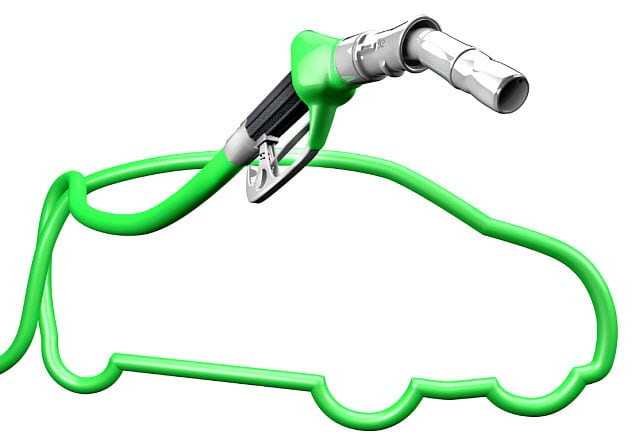Japan’s first hydrogen fuel station opens to the public
July 18, 2014New hydrogen station has officially opened in Japan
Japan’s first commercial hydrogen fuel station has officially opened. The station is located in the Hyogo Prefecture and is being operated by the Iwatani Corporation. The station represents one of the first steps toward Japan’s hydrogen infrastructure becoming a reality. The country already has an infrastructure in place to support stationary fuel cell systems, but not fuel cell vehicles. These vehicles are expected to hit the Japanese market within the coming year.
Automakers need an infrastructure in place before they launch their fuel cell vehicles
Most of Japan’s acclaimed automakers have plans to commercialize fuel cell vehicles in 2015. These vehicles will need a comprehensive fuel infrastructure in order to find success, but such an infrastructure has only recently begun to take form. There are very few hydrogen stations in Japan and only one that is technically open to the public. The Japanese government has plans to build more fuel stations, but this process may be slow and the stations that open in the coming months may struggle to meet the fuel needs of consumers.
Japan may eventually move toward a hydrogen energy society
Iwatani Corp. suggests that the opening of the new fuel station represents the dawning of a “hydrogen energy society” in Japan. The concept of such a society is straightforward: It is one that uses hydrogen rather than fossil-fuels as a primary energy source. This means that vehicles, homes, businesses, and industry are all powered using hydrogen. Because hydrogen does not produce any harmful emissions when it is used to generate electrical power, it also represents a potential fuel for a environmentally friendly and sustainable society.
Fuel cell vehicles have yet to generate hype among consumers
While there are efforts to bolster Japan’s hydrogen fuel infrastructure, fuel cell vehicles have yet to generate much hype. Fuel cells have not been able to win the support of many consumers in the same way that conventional batteries have. Some people believe that fuel cells are a waste of time when compared to lithium-ion batteries, while others believe that these energy systems are simply too expensive for them.


 With over 15 years of reporting hydrogen news, we are your premier source for the latest updates and insights in hydrogen and renewable energy.
With over 15 years of reporting hydrogen news, we are your premier source for the latest updates and insights in hydrogen and renewable energy.